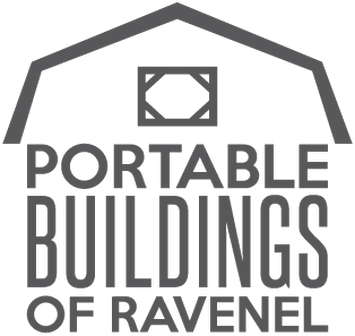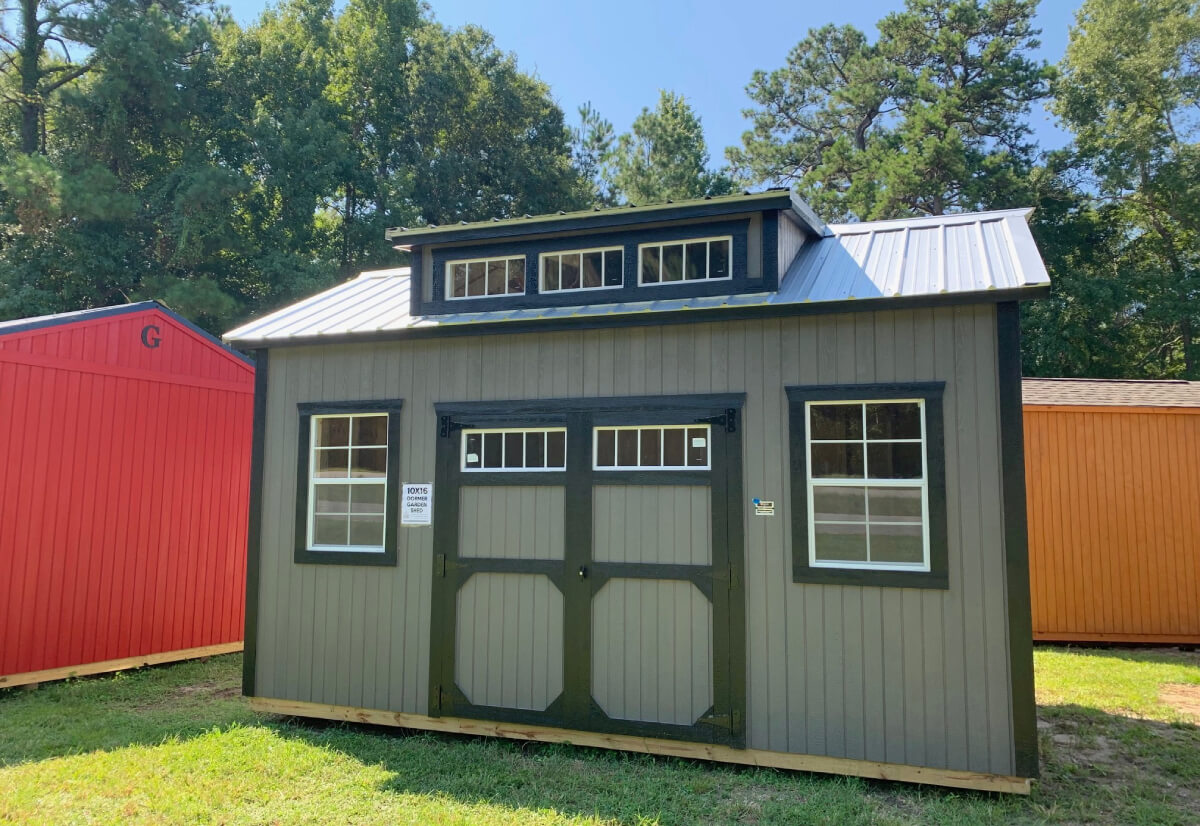Planning to build a custom shed, garage, or other structure can be exciting, but if you’re in South Carolina, you might wonder about all the rules and regulations you must follow. Navigating local building codes and permits can seem challenging, but Portable Buildings of Ravenel is here to help.
In this blog, we’ll guide you through the process so you can focus on bringing your dream project to life without any hiccups.
Why Are Building Codes and Permits Important?
Building codes and permits might seem like a hassle, but they keep everyone safe and ensure that your structure is built to last. They cover everything from how sturdy your building needs to be to where you can put it on your property and how it might affect the environment around it.
Following these rules means your custom structure won’t just look great—it’ll also be safe, secure, and compliant with local standards.
What You Need to Know About South Carolina Building Codes
- Zoning Rules: Zoning laws decide how different land areas can be used. They help keep neighborhoods orderly by determining what types of buildings are allowed in specific areas. Before you start, check your local zoning regulations to ensure your custom structure is permitted in your area. For example, some zones might limit the size or type of building you can add to your property.
- Setback Requirements: Setback rules ensure that buildings are positioned at a safe distance from property lines, streets, and other structures, maintaining privacy and safety. To meet these distance requirements, you must carefully plan where your new building will sit on your property. This will help prevent issues with neighbors and ensure compliance with local standards.
- Building Standards: These standards ensure your building is safe and robust enough to handle South Carolina’s weather, including strong winds and heavy rain. We’ll help you choose the right materials and construction methods to ensure that your building will stand strong, no matter what Mother Nature throws at it.
- Environmental Impact: South Carolina’s regulations aim to protect the natural environment from construction-related damage. Depending on where you’re building, you might need to take steps to minimize environmental impact, such as managing stormwater runoff or preserving local vegetation.
The Steps to Getting Your Permit
Are you considering a custom metal building but unsure how to get started with a permit? The following steps will help walk you through the process:
1. Do You Need a Permit?: Not all custom steel buildings require a permit, but most custom structures do. We’ll help you determine if your project needs one and what kind of permit you need.
2. Preparing Your Application: You’ll need to gather all the necessary documents, like detailed plans of your structure and its placement on your property.
3. Submitting and Waiting: Submit your application to the local building department. They’ll review it to ensure compliance with local codes. Depending on the complexity of your project, this might take a few days or a few weeks.
4. Inspections and Final Approval: Once your permit is approved and construction begins, inspections will be required at different stages. These checks ensure your project stays on track with the approved plans and meets all safety standards.
Trust Portable Buildings of Ravenel for a Range of High-Quality Custom Metal Buildings
Building a custom shed, garage, or other structure in South Carolina should be an exciting journey, not a stressful one. At Portable Buildings of Ravenel, we’re here to help you bring your vision to life and ensure it’s safe, compliant, and built to last.
Ready to start planning your custom steel building? Contact us today for a free quote, and let’s make it happen—together. From metal carports to steel garages and other steel structures, we’re excited to work with you and create beautiful, lasting custom buildings that enhance your home or business.

